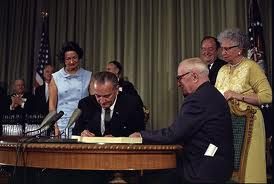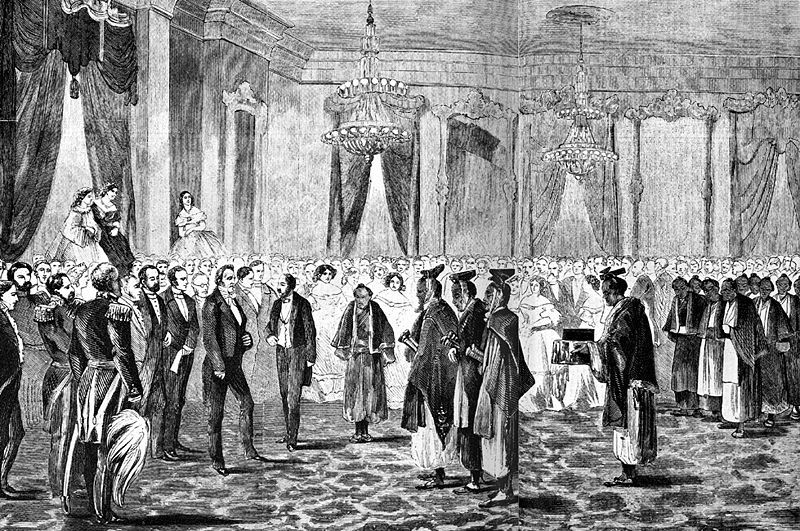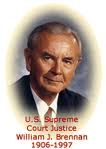Last night a 59 year old white man with a criminal record and history of mental illness entered a movie theater in Lafayette, Louisiana, killed two people wounded nine others before turning the gun on himself.
In the search for a motive, what police are now being found out about this man are quite disturbing. It put into question gun control and the lack of focus by law enforcement on America’s white supremacists.
Houser has allegedly posted messages to numerous online forums, suggesting that he held extreme right-wing views and sympathized with white supremacists. It cannot be independently confirmed that these online postings were made by Houser himself before the shooting. The postings on politicalforums.com seem to match based on his age and location. There is less to connect Houser to the postings on Twitter and Golden Dawn that are cited below by the Southern Poverty Law Center.
An individual who went by “John Russell Houser” created a profile on politicalforums.com, on which he included the phrases “believe media/gov’t censoring” and “believe US will be MAD MAX < 5 years.” Under the “Family” category, Houser wrote that “no family safe in US environment.” The profile identified the user as a 59-year-old male residing in Phenix City. [..]
An individual who used the username “Rusty Houser” also posted comments on a forum for Golden Dawn, a neo-Nazi political party in Greece, as the Southern Poverty Law Center noted.
“Do not mistake yourselves for one minute, the enemy sees all posted on this website. I do not want to discourage the last hope for the best, but you must realize the power of the lone wolf, is the power that can come forth in ALL situations.Look within yourselves,” he wrote in one comment.
He also made racist comments in comments on the Golden Dawn forum. [..]
An individual who went by the name Rusty Houser posted on usmessageboard.com that, “Hitler accomplished far more than any other,” according to the Southern Poverty Law Center.
And a Twitter handle for “john russell houser” published messages about the Westboro Baptist Church and censorship. [..]
Houser also served as the guest host on the “Rise and Shine” show on the Columbus, Ga. television station WLTZ, where he “invited political controversy on every one of them, and loved every minute of it,” according to LinkedIn. A former host for the station confirmed to the Associated Press that Houser appeared on his show, where he allegedly advocated for people to commit violence against those involved in abortion.
Houser has a criminal record — he was arrested for arson and selling alcohol to minors, but he had not had any run-ins with law enforcement in the past few years, according to police.
CNN reported that Houser was denied a conceal carry permit in 2006 and was treated for mental health issues in 2008 and 2009. The suspect’s wife sought a restraining order against Houser in 2008 because he “exhibited extreme erratic behavior and has made ominous as well as disturbing statements,” according to the Associated Press.
So, how and where did he get a gun? Why wasn’t this man targeted by law enforcement as a possible threat? Was it because he wasn’t Muslim?
The news that keep getting ignored by the media, law enforcement and our elected officials is that people are more likely to be killed or injured by angry white man than they are by a Muslim jihadist.
In the 14 years since Al Qaeda carried out attacks on New York and the Pentagon, extremists have regularly executed smaller lethal assaults in the United States, explaining their motives in online manifestoes or social media rants.
But the breakdown of extremist ideologies behind those attacks may come as a surprise. Since Sept. 11, 2001, nearly twice as many people have been killed by white supremacists, antigovernment fanatics and other non-Muslim extremists than by radical Muslims: 48 have been killed by extremists who are not Muslim, including the recent mass killing in Charleston, S.C., compared with 26 by self-proclaimed jihadists, according to a count by New America, a Washington research center.
The slaying of nine African-Americans in a Charleston church last week, with an avowed white supremacist charged with their murders, was a particularly savage case.
But it is only the latest in a string of lethal attacks by people espousing racial hatred, hostility to government and theories such as those of the “sovereign citizen” movement, which denies the legitimacy of most statutory law. The assaults have taken the lives of police officers, members of racial or religious minorities and random civilians.
It’s time this is put in their proper perspectives and start keeping America safe from its homegrown terrorists.






 On this day in 1957, the U.S. Supreme Court rules that obscenity is not protected by the First Amendment.
On this day in 1957, the U.S. Supreme Court rules that obscenity is not protected by the First Amendment.
Recent Comments